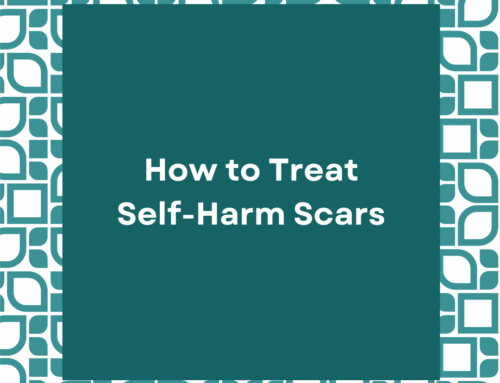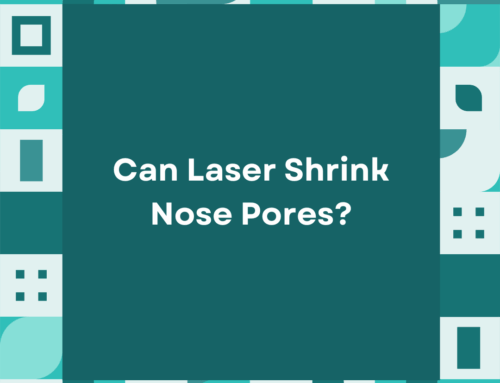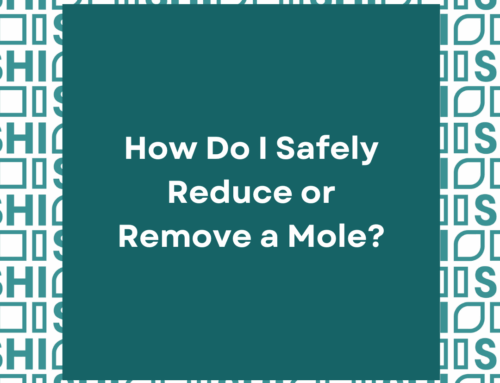Preventing Skin Cancer: The Critical Role of Regular Skin Checks and Advanced Treatment for Precancers with Fully Ablative Resurfacing Laser
In the field of dermatology, preventing skin cancer is not just a priority—it is a crucial commitment to preserving and enhancing overall skin health. As awareness of the dangers linked to prolonged sun exposure continues to rise, so does the recognition of the vital importance of regular skin checks and proactive management of precancerous conditions.
Actinic keratoses (AKs) are a significant concern due to their connection with cumulative UV damage over time. These rough, scaly patches often appear on sun-exposed areas such as the face, scalp, ears, neck, and hands. AKs are not simply cosmetic issues; they act as early warnings that could potentially progress to squamous cell carcinoma if not addressed promptly.
Timely intervention for AKs is essential for effective skin cancer prevention. While traditional treatments like cryotherapy and topical medications have been used for years, advancements in dermatological technology have introduced more effective solutions. Fully ablative resurfacing laser therapy has emerged as a leading option for treating AKs, offering enhanced efficacy and a range of benefits for skin health.
The Importance of Regular Skin Checks
Skin cancer is one of the most common forms of cancer, yet it is highly treatable when detected early. Regular skin checks are crucial for early detection, with both self-examinations and professional evaluations by a dermatologist playing key roles in identifying suspicious lesions or changes in existing moles.
During a skin check, dermatologists assess various indicators of skin cancer, including changes in the size, shape, or color of moles, the emergence of new growths, and superficial skin lesions. The three primary types of skin cancer—melanoma, squamous cell carcinoma, and basal cell carcinoma—vary in severity, with melanoma being the most aggressive. Early detection through regular skin checks significantly improves the chances of successful treatment.
Understanding Precancers: Actinic Keratosis
Actinic keratosis (AK) is a prevalent precancerous condition caused by prolonged UV exposure, typically from the sun. AK appears as rough, scaly patches on sun-exposed areas such as the face, scalp, ears, neck, and hands. While AK itself is not cancerous, it has the potential to develop into squamous cell carcinoma if left untreated.
Prompt treatment of AK is crucial to prevent its progression to skin cancer. Fully ablative resurfacing laser therapy has gained prominence for its effectiveness in managing extensive or persistent AKs, offering a valuable option among various treatments.
Fully Ablative Resurfacing Laser for Treating Precancers
Fully ablative resurfacing laser, including continuous-wave carbon dioxide (CO2) and Erbium lasers, represents an advanced technique for treating actinic keratosis and other precancerous lesions. This sophisticated method uses a laser to remove the outer layers of skin, effectively eliminating damaged tissue and stimulating the growth of new, healthy skin.
This treatment is particularly beneficial for individuals with significant sun damage or multiple AKs. It not only removes visible lesions but also promotes collagen production, leading to improved skin texture and reduced signs of aging. The precision of the laser allows for targeted treatment of affected areas while preserving surrounding healthy tissue, making it an effective tool for preventing more severe forms of skin cancer.
Additional Benefits: Skin Tightening and Rejuvenation
In addition to its effectiveness in treating precancerous lesions, fully ablative resurfacing laser offers significant cosmetic benefits. The laser stimulates collagen production deep within the skin, aiding in healing, skin tightening, and overall rejuvenation.
Patients often notice improved skin elasticity, reduced fine lines and wrinkles, and a more youthful appearance following treatment. This dual benefit makes fully ablative laser resurfacing a popular choice for both medical and cosmetic purposes. The ability to address both health and aesthetic concerns simultaneously enhances the appeal of this advanced treatment.
The Procedure and Aftercare
The fully ablative resurfacing laser procedure is typically performed in an outpatient setting using a local anesthetic. The procedure’s duration depends on the size of the treatment area and the extent of damage. Post-treatment care is crucial for optimal recovery. Patients may experience redness, swelling, and a sensation similar to sunburn, which usually resolves within a few days to a week. Adhering to aftercare instructions, such as avoiding direct sun exposure and applying prescribed ointments, is essential to prevent complications and achieve the best results.
Long-Term Prevention and Skin Health
While treating existing precancerous lesions is important, long-term skin cancer prevention requires a comprehensive approach. This includes consistent sun protection with broad-spectrum sunscreen, wearing protective clothing, seeking shade, and avoiding peak sun hours. Regular skin checks are also vital for monitoring any unusual skin growths or recurring lesions.
Individuals with darker skin tones should also consider specialized dermatological care, as they can still develop skin cancer in areas not exposed to the sun. Fully ablative resurfacing laser not only addresses current skin issues but also helps prevent future skin cancer by removing damaged skin cells before they become problematic.
Conclusion
Preventing skin cancer starts with awareness and proactive care. Regular skin checks, combined with advanced treatments such as fully ablative resurfacing laser, offer a comprehensive strategy for maintaining skin health. By addressing potential issues early and adopting preventive measures, you can protect your skin from the serious consequences of skin cancer. Fully ablative resurfacing laser stands out as a modern, effective treatment that not only heals but also rejuvenates the skin, providing a powerful tool in the fight against skin cancer.
For anyone interested in information skin cancer in Calabasas, understanding the benefits of preventative treatments and regular skin checks is key to protecting your skin and overal health.




